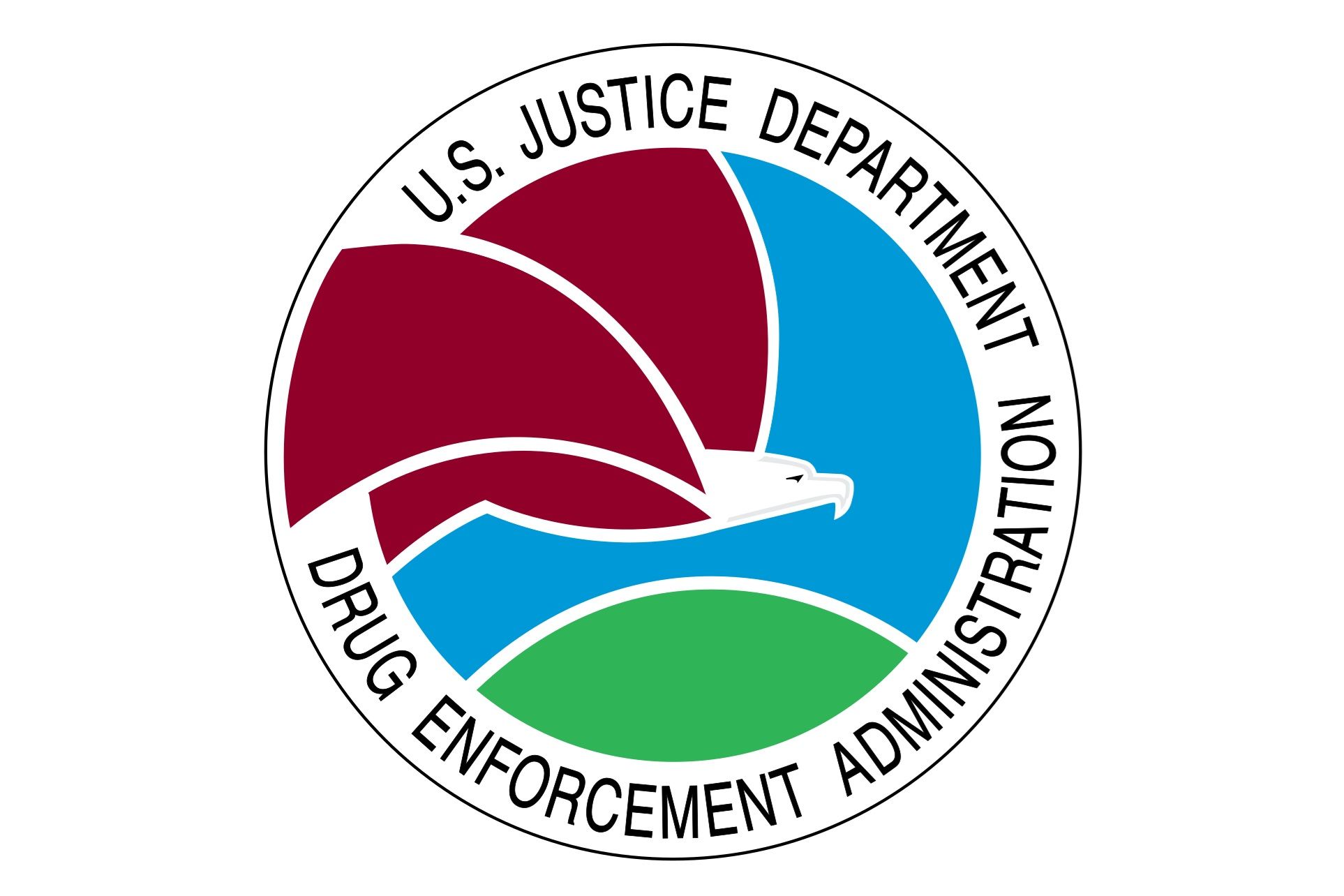The DEA has officially recognized a new two-part test for determining whether a substance has an accepted medical use, which was used to determine whether marijuana should be rescheduled.
 This acknowledgment was quietly included in a footnote within a recent notice about the scheduling of two synthetic opioids under Schedule I of the Controlled Substances Act (CSA).
This acknowledgment was quietly included in a footnote within a recent notice about the scheduling of two synthetic opioids under Schedule I of the Controlled Substances Act (CSA).
In past scheduling rulings, the government followed a five-part test to evaluate whether a substance met this definition, considering factors such as its chemical composition, health data, and other relevant information. However, the Department of Health and Human Services (HHS) recently adopted a more streamlined two-part test while reviewing the proposed rescheduling of marijuana, concluding that cannabis fits under Schedule III.
The DEA’s acknowledgment of this two-part method confirms its validity for the first time. In a footnote related to a scheduling action for synthetic opioids, the DEA referenced the Department of Justice’s Office of Legal Counsel (OLC), stating, “On April 11, 2024, the Department of Justice’s Office of Legal Counsel (OLC) issued an opinion, which, among other things, concluded that HHS’s two-part test would be sufficient to establish that a drug has a currently accepted medical use.”
Earlier this year, the OLC declared that the former five-part test was overly restrictive. The new test, it argued, is sufficient to establish medical use, even if a substance hasn’t been FDA-approved or satisfied the previous five-part criteria.
Despite criticism among opponents of marijuana law reform, the DEA seems to be accepting the two-part framework. In its notice on synthetic opioids, the DEA highlighted the OLC’s conclusion that the new test is sufficient to demonstrate a drug’s medical use.
Previously, the DEA’s five-part test required: 1) the drug’s chemistry to be known and reproducible; 2) adequate safety studies; 3) well-controlled studies proving effectiveness; 4) acceptance by qualified experts; and 5) the availability of scientific data.
The new test is more straightforward, asking only whether there is recognized medical use of the drug and credible scientific support for that use.
The DEA’s acknowledgment of the two-part test suggests a shift in how the agency may handle rescheduling efforts for other substances, including psilocybin and MDMA.






